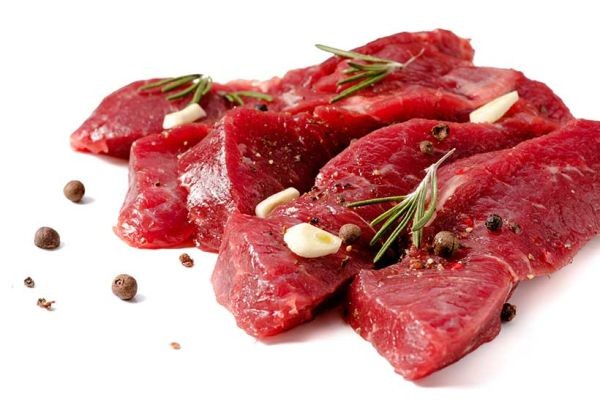Introduction
Protein is a fundamental nutrient that plays a crucial role in maintaining and repairing body tissues, producing enzymes and hormones, and supporting immune function. While protein deficiency is uncommon in many parts of the world, there remains confusion about how much is actually needed daily.
The ideal protein intake depends on several factors, including age, activity level, body composition goals, and overall health. This guide provides evidencebased recommendations, helping you determine your optimal intake.
Daily Protein Requirements
The Recommended Dietary Allowance (RDA) for protein is 0.8 grams per kilogram of body weight (or 0.36 grams per pound). However, this baseline recommendation may not be enough for those with higher physical demands, elderly individuals, or people looking to build muscle.
Protein Intake Based on Activity Level
| Category | Protein per kg | Protein per lb |
||||
| Sedentary (Minimal activity) | 0.8 g/kg | 0.36 g/lb |
| Active (Moderate exercise) | 1.2–2 g/kg | 0.55–0.9 g/lb |
| Muscle Gain | 1.6–2.2 g/kg | 0.7–1 g/lb |
| Older Adults | 1–1.5 g/kg | 0.45–0.7 g/lb |
For example, a 170pound person (about 77 kg) might need:
61.6 grams (minimum RDA)
92 grams (moderately active)
136 grams (for muscle growth)
Best Protein Sources
Protein comes from animal and plantbased sources. Choosing a variety ensures you obtain all essential amino acids while meeting your daily protein needs.
Animal Based Protein
Lean meats (chicken, turkey, beef)
Fish (salmon, tuna, cod)
Eggs (rich in amino acids)
Dairy products (Greek yogurt, cottage cheese)
Whey protein (quickdigesting supplement)
Plant Based Protein
Legumes (lentils, chickpeas, beans)
Quinoa (a complete protein)
Tofu and tempeh (soybased)
Nuts and seeds (almonds, chia seeds)
Whole grains (brown rice, oats)
Benefits of Getting Enough Protein
Protein is vital for various physiological functions and overall health.
- Muscle Growth and Repair
After exercise, protein helps repair muscle fibers and stimulate growth, making it essential for athletes and weightlifters.
- Weight Management
Protein increases satiety, helping control hunger and reduce overall calorie intake. Studies show highprotein diets boost metabolism and aid in fat loss.
- Supports Immune Function
Protein plays a crucial role in producing antibodies, defending against infections, and aiding in wound healing.
- Improves Bone Health
While commonly associated with muscles, protein also supports bone strength, reducing the risk of osteoporosis.
- Prevents Muscle Loss in Aging
Older adults need higher protein intake to prevent sarcopenia, a condition characterized by agerelated muscle loss.
Debunking Common Myths
- “Too Much Protein is Harmful”
Consuming excess protein does not damage healthy kidneys. However, individuals with kidney disease should consult a doctor regarding intake.
- “You Can Only Absorb 30g of Protein Per Meal”
The body can process more than 30g, but spreading intake evenly throughout the day optimizes absorption.
- “Plant-Based Protein Isn’t Enough”
While plant-based proteins sometimes lack certain amino acids, combining sources (e.g., beans + rice) creates a complete profile.
How to Optimize Your Protein Intake
- Distribute Protein Throughout the Day
Instead of loading up on protein in one meal, aim for consistent intake at breakfast, lunch, and dinner.
- Include Protein in Every Meal
Start your day with eggs or Greek yogurt, have chicken or tofu for lunch, and opt for fish or legumes at dinner.
- Consider Protein Supplements
Whey or plantbased protein powders can be useful for busy lifestyles, postworkout recovery, or hitting daily targets.
Final Thoughts
Your ideal protein intake depends on individual needs and health goals. While the basic recommendation is 0.8g per kg, physically active individuals, older adults, and athletes benefit from higher amounts. By incorporating a mix of protein sources and optimizing intake throughout the day, you ensure proper muscle function, weight management, and overall health.








